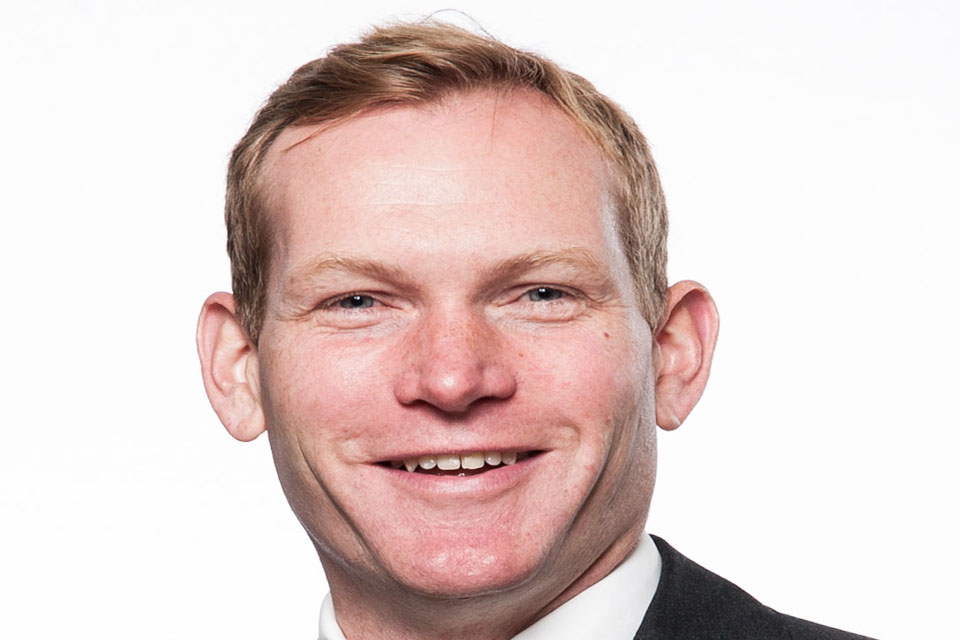Government’s response to the alcohol strategy consultation
Minister of State for Crime Prevention Jeremy Browne gives a statement on the alcohol strategy consultation.

With permission, Mr Speaker, I shall make a statement on the government’s response to the alcohol strategy consultation. Today we are publishing an analysis of responses to the consultation, along with a “next steps” document. Copies of both are available in the House Library.
Drunken behaviour and alcohol-fuelled disorder can make towns and cities effective no-go areas for law-abiding people, particularly on Friday and Saturday nights. In nearly 50% of the incidents of violence that took place in 2011-12, the victim believed that the perpetrator was under the influence of alcohol. Excessive alcohol consumption costs the taxpayer huge amounts of money: alcohol-related crime and health harms are estimated to cost society about £21 billion every year. The government therefore have a role in seeking to curb excessive drinking. We have already increased duty on alcopops, and have introduced a wide-ranging set of reforms to tackle binge drinking.
We want fair and effective policies. We are not in the business of making laws that do not work. For that reason we have consulted widely, and have taken time to consider carefully the representations that we have received and all the relevant arguments. Our response identifies three kinds of action that are necessary. The first is targeted national action: the government must deal with cheap alcohol, and the alcohol industry must strengthen its voluntary commitments to reduce alcohol-related harms.
There has been much speculation about the government’s plans in relation to minimum unit pricing. That policy will remain under consideration, but it will not be proceeded with at this time. We do not yet have enough concrete evidence that its introduction would be effective in reducing harms associated with problem drinking—this is a crucial point—without penalising people who drink responsibly.
We will tackle the most egregious examples of cheap alcohol by banning sales of alcohol below the level of alcohol duty plus value-added tax. That will come into effect in England and Wales no later than the spring of 2014, and will stop the worst instances of deep discounting that result in alcohol being sold cheaply and harmfully. It will no longer be legal to sell a can of ordinary-strength lager for less than about 40p.
We have decided not to ban multi-buy promotions. There is still a lack of convincing evidence that it would have a significant effect in reducing consumption. It would not be reasonable for us to introduce a ban, especially at a time when responsible families are trying hard to balance their household budgets. We will, however, make current mandatory licensing conditions more effective. We will enable tougher action to be taken to deal with irresponsible promotions in pubs and clubs, and will promote responsible drinking by raising customer awareness of the availability of small servings.
Our decision not to proceed with the introduction of minimum unit pricing at this stage gives the alcohol industry an opportunity to demonstrate what more it can do to reduce the harms associated with problem drinking. Our challenge to the industry is to increase its efforts, building on what has already been achieved through the public health responsibility deal. That includes improving education to promote safer drinking, reducing the availability of the high-strength products that cause the most harm for problem drinkers, and responsible marketing and product placement.
Secondly, we intend to facilitate local action. Targeted action by pubs and clubs themselves has proved hugely effective in curbing irresponsible drinking. Best Bar None, National Pubwatch, Purple Flag and community alcohol partnerships are all good examples of what can be achieved when industry works in partnership with local areas. We will build on this by identifying a number of high-harm local alcohol action areas and work with them to strengthen local partnerships, improve enforcement and increase good practice of what works locally, including how areas can make the most of available health data as part of local decision making.
The third area is promoting growth, by freeing up responsible business and community groups from unnecessary red tape, while maintaining the integrity of the licensing system. We will make it quicker and easier for community groups and those wanting to sell small amounts of alcohol as part of a wider service to do so via the community and ancillary seller’s notice. We will increase the annual limit for the number of temporary event notices that can apply to a particular premises from 12 to 15, and free up businesses that provide late-night refreshment by removing the requirement to have a licence where there is no need for one. We will abolish the requirement to renew personal licences every 10 years. We also plan to consult on whether to abolish personal licences altogether.
Taken together, the government’s response to the alcohol strategy consultation represents a proportionate approach to tackling the worst excesses of alcohol consumption without penalising law-abiding people or responsible businesses. That is the right balance, and I commend this statement to the House.
We will abolish the requirement to renew personal licences every ten years. We also plan to consult on whether to abolish personal licences altogether.
Mr Speaker, taken together the government’s response to the Alcohol Strategy consultation represents a proportionate approach to tackling the worst excesses of alcohol consumption without penalising law abiding people or responsible businesses. I commend this Statement to the House.